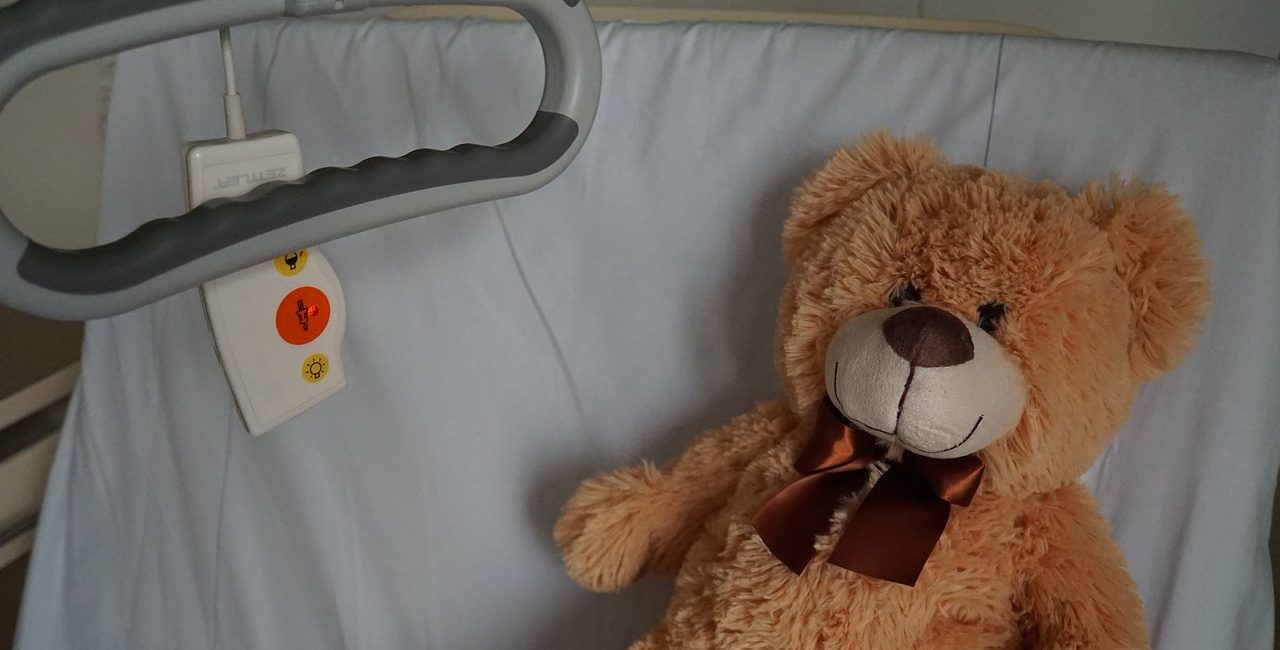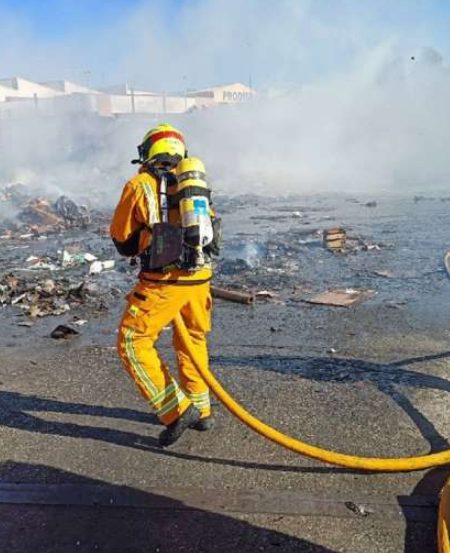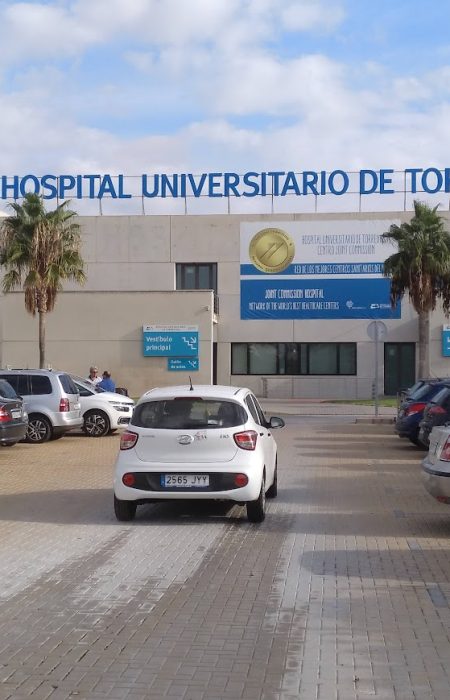Dénia Hospital has established a school for stoma patients to address common concerns and provide a forum for sharing stories. The ultimate goal is to normalise any adaptation challenges caused by stoma implantation.
Dénia Hospital presently treats approximately thirty new ostomy patients per year. Carmen Marí and Clara Fernández-Cañadas, the unit’s stoma nurses, follow a three-phase procedure for each case, including preoperative examination, immediate postoperative care, and medium- and long-term clinical follow-up.
The nursing team’s instructional effort, which began in conjunction with Fernando Santoja, the stoma therapist at Marina Baixa Hospital, is one of the unit’s foundational foundations. The design of technical training enables patients to operate the device independently. Patients learn to empty, replace, and care for the collecting bag and the skin around the stoma.
However, we developed the patient school as a supplemental technique to alleviate the feelings of isolation that often follow an ostomy treatment. It also tries to normalise the use of medical devices among people who have had to change aspects of their lives due to clinical reasons.
Adaptation to Daily Activities
Most patients may perform their daily activities, including employment, sports, and travel, with the help of appropriate and well-adapted gadgets. The school’s lessons include accurate information regarding these options.
These quarterly meetings cover technical elements, commonly requested questions, and subjects relating to emotional and social adjustment. They also assist in identifying common non-clinical demands associated with daily life, such as nutrition and exercise.
According to clinical research, peer support and access to organised information boost patients’ confidence in their self-management abilities while reducing the psychological impact of the surgical procedure.
The ostomy unit maintains open lines of communication with patients to address any questions that may arise beyond routine exams. Nurses also work with the medical team to update protocols and provide internal ostomy training for other workers at the centre.
Coordination with other services, such as surgery, dermatology, and nutrition, enables multidisciplinary care. The entire approach seeks to help the patient return to their normal lives without difficulty.








No Comment! Be the first one.